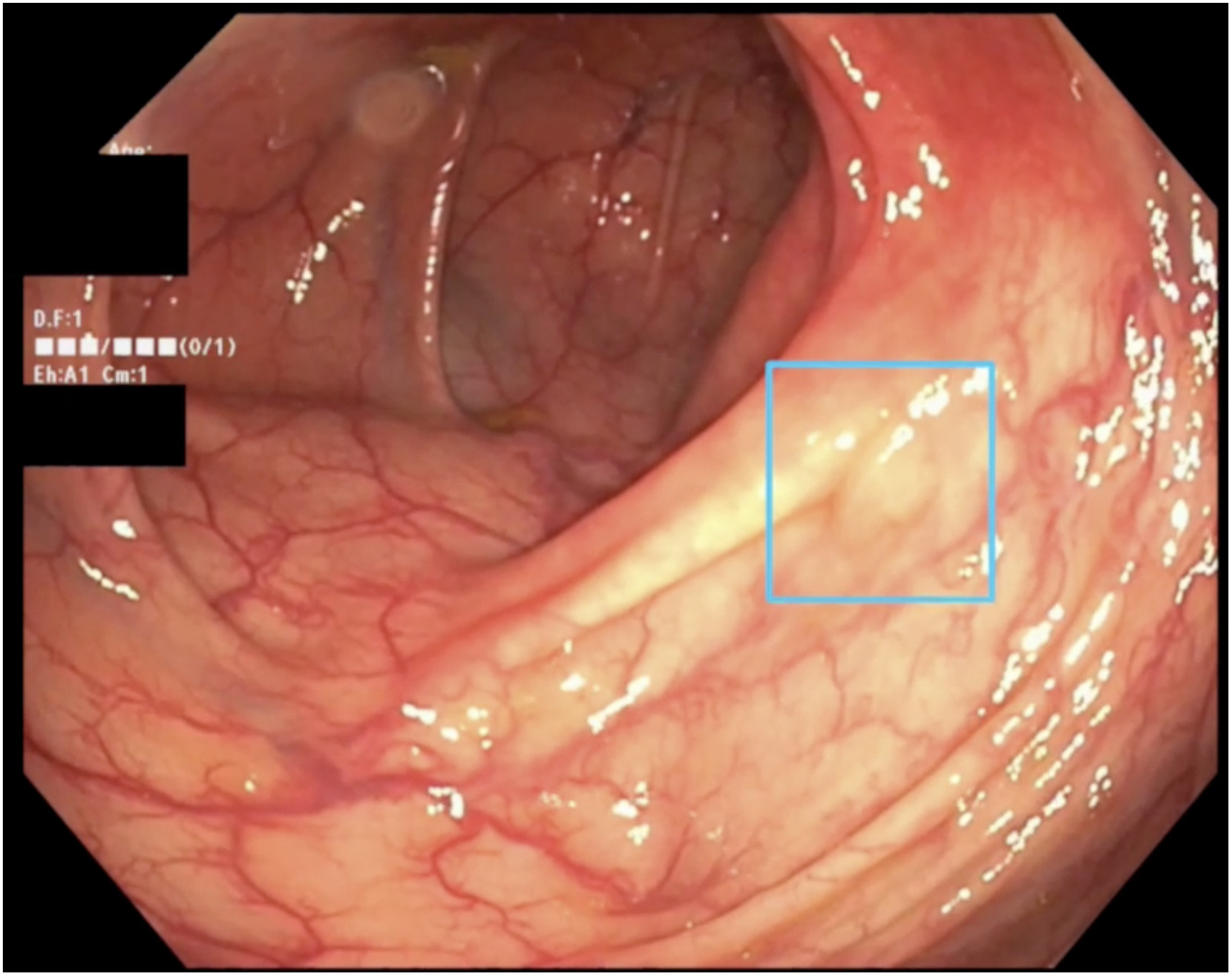AGA’s new guideline made no recommendation — for or against — the use of computer-aided detection systems (CADe) in colonoscopy. We found that artificial intelligence-assisted technology helps identify colorectal polyps; however, its impact on preventing colorectal cancer remains unclear.
Data were evaluated using the rigorous GRADE process, and the final recommendation reflects input from GIs in community and academic practices.
AGA plans to update the guideline in one to two years as more data becomes available linking the use of CADe in colonoscopy to improved patient outcomes.
Key areas for future research include:
- Practitioner guidance: Clinicians should not feel obligated to use CADe but are encouraged to start as AI systems improve over time.
- Quality over quantity: The focus should be on patient outcomes, such as post-colonoscopy colorectal cancer rates, rather than just polyp detection.
- Rethinking surveillance: As CADe increases polyp detection, guidance on follow-up colonoscopy intervals should be reassessed.
- Transparency in AI research: More publicly available data is needed to ensure AI models are rigorously compared and improved.
Read the full AGA clinical practice guideline on the use of computer-aided detection systems (CADe) in colonoscopy in the April issue of Gastroenterology.












